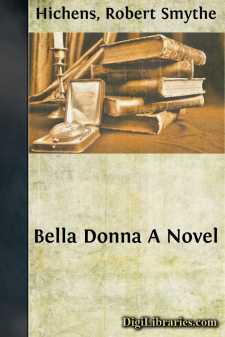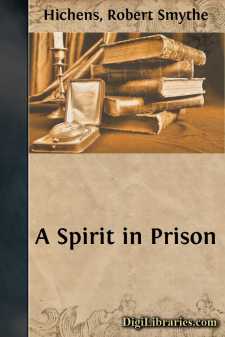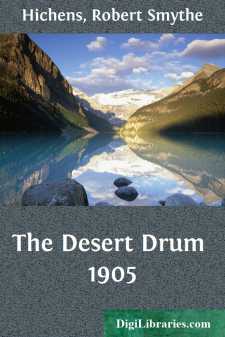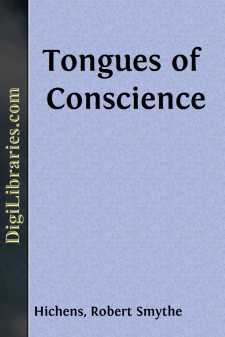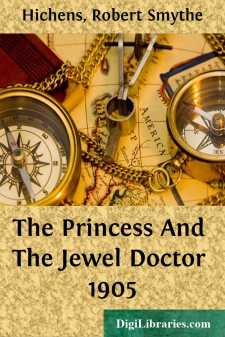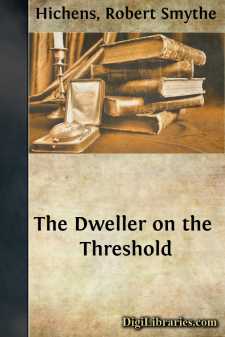Categories
- Antiques & Collectibles 13
- Architecture 36
- Art 48
- Bibles 22
- Biography & Autobiography 813
- Body, Mind & Spirit 142
- Business & Economics 28
- Children's Books 17
- Children's Fiction 14
- Computers 4
- Cooking 94
- Crafts & Hobbies 4
- Drama 346
- Education 46
- Family & Relationships 57
- Fiction 11829
- Games 19
- Gardening 17
- Health & Fitness 34
- History 1377
- House & Home 1
- Humor 147
- Juvenile Fiction 1873
- Juvenile Nonfiction 202
- Language Arts & Disciplines 88
- Law 16
- Literary Collections 686
- Literary Criticism 179
- Mathematics 13
- Medical 41
- Music 40
- Nature 179
- Non-Classifiable 1768
- Performing Arts 7
- Periodicals 1453
- Philosophy 64
- Photography 2
- Poetry 896
- Political Science 203
- Psychology 42
- Reference 154
- Religion 513
- Science 126
- Self-Help 84
- Social Science 81
- Sports & Recreation 34
- Study Aids 3
- Technology & Engineering 59
- Transportation 23
- Travel 463
- True Crime 29
Bella Donna A Novel
Description:
Excerpt
I
Doctor Meyer Isaacson had got on as only a modern Jew whose home is London can get on, with a rapidity that was alarming. He seemed to have arrived as a bullet arrives in a body. He was not in the heart of success, and lo! he was in the heart of success. And no one had marked his journey. Suddenly every one was speaking of him—was talking of the cures he had made, was advising every one else to go to him. For some mysterious reason his name—a name not easily to be forgotten once it had been heard—began to pervade the conversations that were held in the smart drawing-rooms of London. Women who were well, but had not seen him, abruptly became sufficiently unwell to need a consultation. "Where does he live? In Harley Street, I suppose?" was a constant question.
But he did not live in Harley Street. He was not the man to lose himself in an avenue of brass plates of fellow practitioners. "Cleveland Square, St. James's," was the startling reply; and his house was detached, if you please, and marvellously furnished.
The winged legend flew that he was rich, and that he had gone into practice as a doctor merely because he was intellectually interested in disease. His gift for diagnosis was so remarkable that he was morally forced to exercise it. And he had a greedy passion for studying humanity. And who has such opportunities for the study of humanity as the doctor and the priest? Patients who had been to him spoke enthusiastically of his observant eyes. His personality always made a great impression. "There's no one just like him," was a frequent comment upon Doctor Meyer Isaacson. And that phrase is a high compliment upon the lips of London, the city of parrots and of monkeys.
His age was debated, and so was his origin. Most people thought he was "about forty"; a very safe age, young enough to allow of almost unlimited expectation, old enough to make results achieved not quite unnatural, though possibly startling. Yes, he must be "about forty." And his origin? "Meyer" suggested Germany. As to "Isaacson," it allowed the ardent imagination free play over denationalized Israel. Someone said that he "looked as if he came from the East," to which a cynic made answer, "The East End." There was, perhaps, a hint of both in the Doctor of Cleveland Square. Certain it is that in the course of a walk down Brick Lane, or the adjacent thoroughfares, one will encounter men of his type; men of middle height, of slight build, with thick, close-growing hair strongly curling, boldly curving lips, large nostrils, prominent cheek-bones, dark eyes almost fiercely shining; men who are startlingly un-English. Doctor Meyer Isaacson was like these men. Yet he possessed something which set him apart from them. He looked intensely vital—almost unnaturally vital—when he was surrounded by English people, but he did not look fierce and hungry. One could conceive of him doing something bizarre, but one could not conceive of him doing anything low. There was sometimes a light in his eyes which suggested a moral distinction rarely to be found in those who dwell in and about Brick Lane....


